Remember when Amazon was just selling books? Now we’re seeing Amazon in so many aspects of life. Amazon Style department stores, Amazon Pet Day, Amazon grocery stores, and now, Amazon healthcare.
Just over a year after Amazon Pharmacy kicked off, Amazon purchased One Medical’s nationwide network of clinics and telehealth providers. And in late 2022, the Amazon healthcare system officially launched.
Here’s what you need to know:
Amazon Clinic is basically a marketplace of local telehealth providers.

At the Amazon Clinic main page, you pick an ailment, select a clinic (consultation flat fees are advertised up front), and answer a few questions. You’ll answer questions about your ailment, and in some cases, provide photos or information like blood pressure and temperature readings.
Then rather than heading to a clinic or jumping on an awkward phone call or video call, you’ll submit your info and receive a response by the medical provider via chat once a treatment plan has been determined.
You pick a pharmacy to fulfill your prescriptions, pay for the visit, and then if you need any follow-up advice, you can access the clinician for 14 days, free.
You can get treatment & consultation for more than 20 common health conditions.

The first step in using Amazon Clinic is to sign into your Amazon Account, and then pick your ailment. Amazon claims to be able to treat more than 20 common health conditions/situations, but here are the 18 listed on their site:
- Acne
- Birth Control
- Cold Sores
- Dandruff
- Eczema
- Eyelash Growth
- Erectile Dysfunction
- Genital Herpes
- Heartburn (Acid Reflux)
- Male Hair Loss
- Motion Sickness
- Pink Eye
- Quit Smoking
- Rosacea
- Seasonal Allergy
- Sinusitis
- Urinary Tract Infection
- Yeast Infection
Each one of these conditions comes with its own set of questions and requirements for treatment. For example, if you’re seeking treatment for Pink Eye, you’ll spend five to 10 minutes answering questions about your symptoms and health history, plus you’ll share photos of your symptoms and take a pic of your photo ID.
Amazon Clinic will also help you get refills on your existing prescriptions.

If you’ve been prescribed medication and you need a refill, you don’t have to start from scratch with Amazon Clinic. They make it easy to get prescription refills for the following types of meds:
- Asthma
- High Blood Pressure
- High Cholesterol
- Hypothyroidism
- Migraine
You’ll answer questions about your symptoms and health history, plus take a pic of your existing prescription that includes the name of the medication, the dose, and the date it was last filled.
Note: Amazon purchased online pharmacy Pill Pack in 2018 for $750 million and used it to launch Amazon Pharmacy in mid-2021. Amazon Pharmacy accepts most insurance, ships to all 50 states, and even has a low-cost prescription program (only for Prime members).
Amazon Clinic doesn’t accept insurance and is available in 32 states.

So far, Amazon isn’t accepting insurance and doesn’t work with government-run health plans, either. It’s a simple pay per visit kind of scenario. And since each visit will run you around $30 – $50, for many people, it’s a big cost savings over traditional clinics or even their insurance co-pays.
Amazon Clinic is in 32 states and looking to expand, but here’s where they aren’t operating (yet):
- Arizona
- Arkansas
- Delaware
- D.C.
- Idaho
- Indiana
- Kansas
- Kentucky
- Minnesota
- Mississippi
- New Hampshire
- New Mexico
- New York
- Oklahoma
- Rhode Island
- Tennessee
- Vermont
- West Virginia
Expect to see physical Amazon healthcare clinics in the near future.

via Facebook
One Medical has been around since 2007 and has grown from being a San Francisco-based primary care provider to being a nationwide provider of in-person medical care in 19 metro areas, plus substantial telehealth services.
Amazon announced their purchase of One Medical for about $3.9 billion. While we’ll have to wait and see exactly what Amazon does with One Medical, we can expect that they’ll continue to operate that company’s in-person clinics.
Amazon isn’t the first retailer to buy a health network. CVS did it in 2017.

CVS purchased Aetna in 2017 and has since worked on rolling out healthcare clinics inside CVS stores. There are lots of CVS stores closing, in part to make room for special CVS Primary Care Clinics.
Amazon won’t be able to use patient data outside of One Medical.

Lots of One Medical customers have expressed concern about Amazon buying their medical services provider — some have even canceled their memberships — because of privacy concerns.
Although Amazon could use their connection with One Medical to try to sell specific products to patients, they won’t be sending patient data outside of the One Medical system. Government regulations prevent Amazon from using that data in any way other than for One Medical operations.

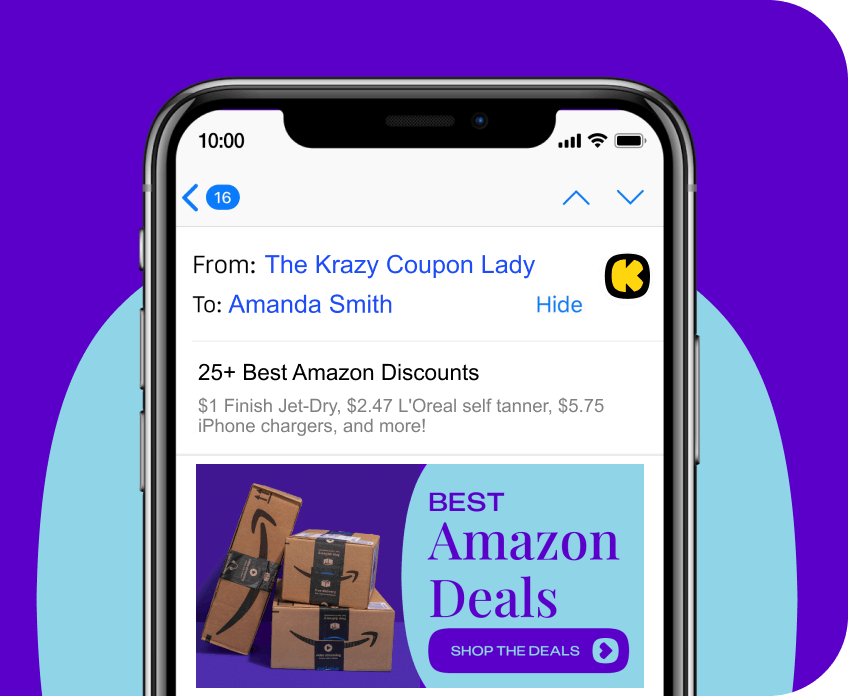





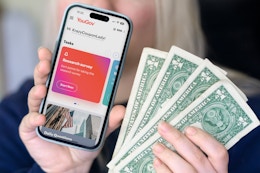



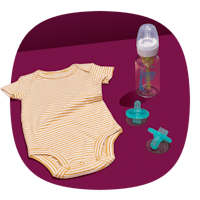






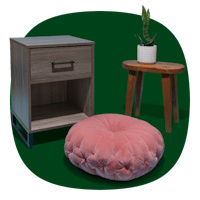
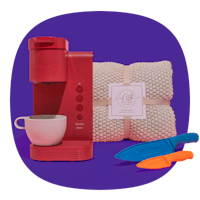
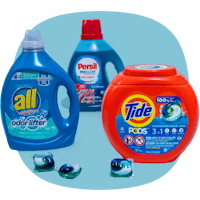

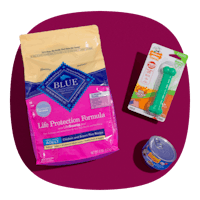

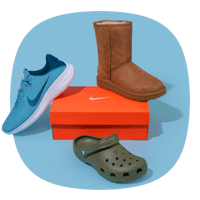
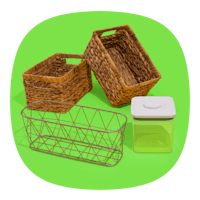

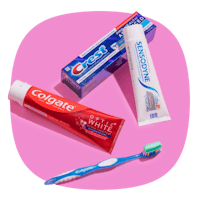


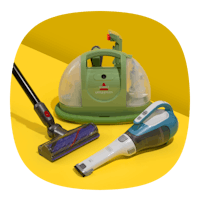
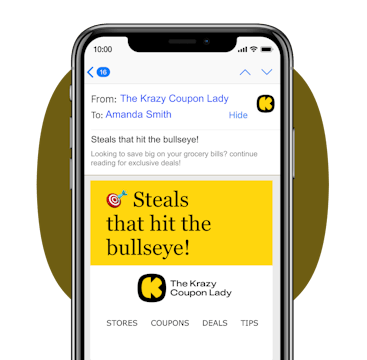
Tell us what you think